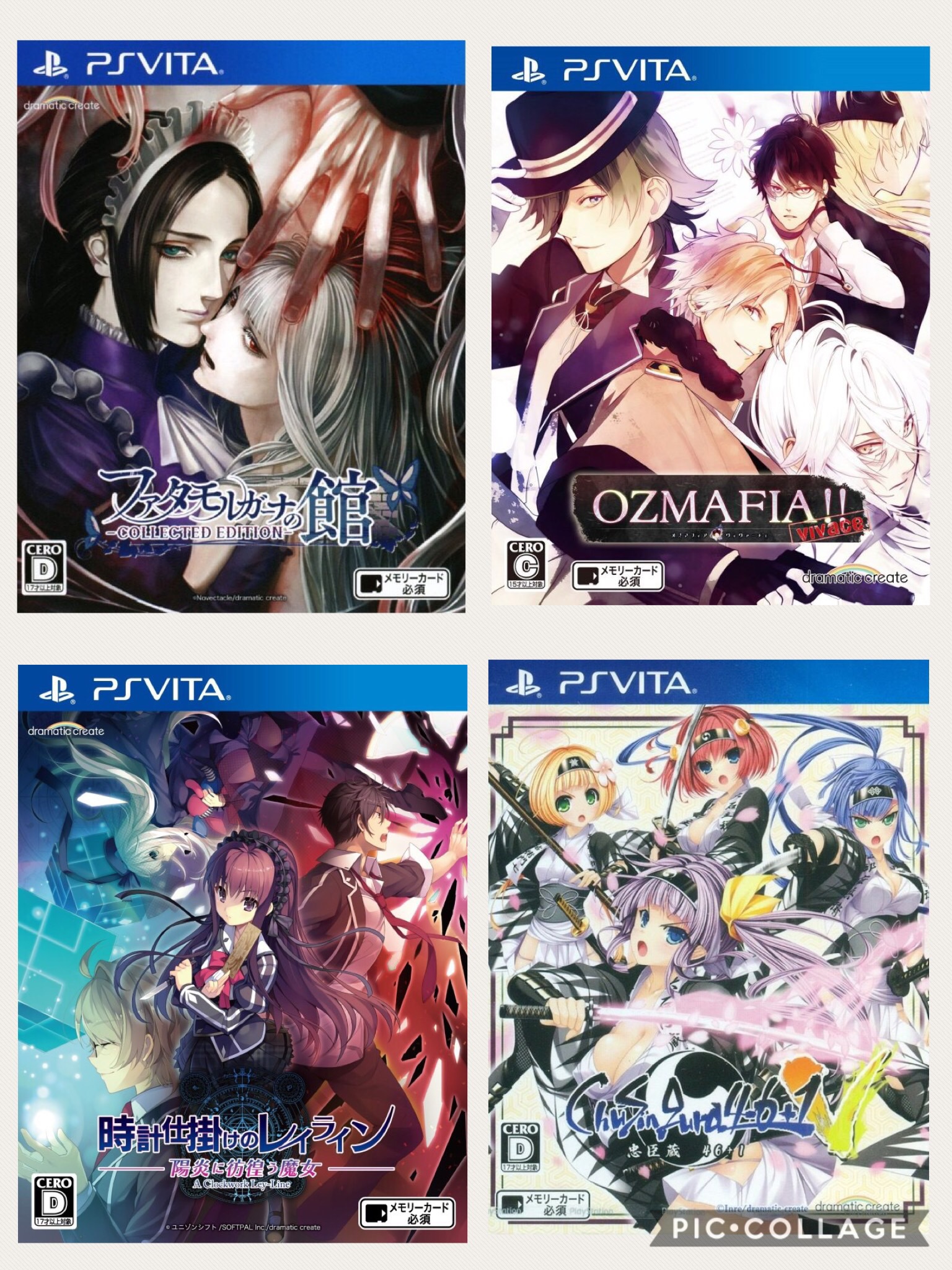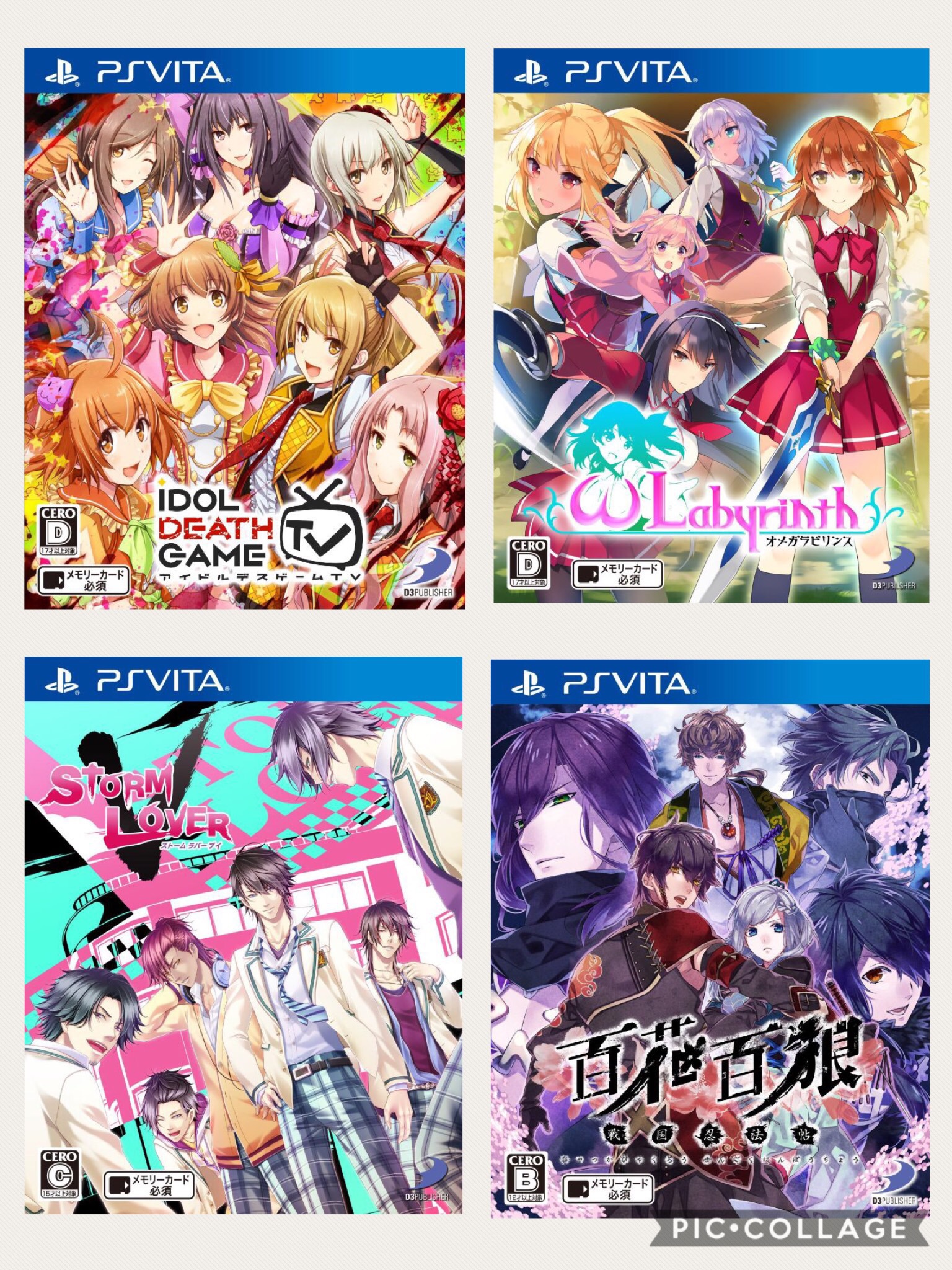Nintendo and Microsoft are so shitty with this. Both need games so I don't understand it at all.
This isn't even the first time this gen already. The CSH devs also got turned down by Nintendo for the same reason: that they're looking for bigger games, this is not their priority right now or whatever the fuck.
Your statement about what they did historically is totally irrelevant. Nobody cares about history. It's about what they are doing now.
You were right when you said earlier that you don't understand it at all. History is important. Always. I will explain below.
But first: all these companies are in the business of making money. Nintendo doesn't think allowing low quantities is a winning strategy - for them - to get to that goal. Every company has limited resources They probably don't want to spend time and money dealing with these smaller physical release projects. It likely isn't very profitable, maybe it would even cost them money. Money they don't want to leave on the table right now, after a not very profitable era with the Wii U. Or maybe, as I said earlier, they are not interested in physical releases, and mainly want to get those indies on their eShop? Indie devs can still publish digitally on their platforms, right?
Meanwhile, I can't imagine Sony making lots of money off of LRG's dealings. Maybe their strategy is a bit more long term, building relationships now at a minor cost, that could turn out profitable in the future. Who knows?
That doesn't mean that either of them treats indie devs or publishers better or worse, or that indie devs can only make money on Sony platforms and not on Nintendo platforms. Some policies of Nintendo might actually be more interesting to indie devs. Likely those are policies you personally don't care for at all. But that doesn't mean Nintendo are "shitty" with indie devs.
Thing is: it's their platform, so they decide what the rules are and what they think is the best strategy to make it financially interesting for themselves and for third parties.
As for history: companies prefer stable investment environments. If Sony's history is any indication, it could mean that they could end the support indies are *currently* enjoying at any point. Right now, LRG is heavily relying on Sony allowing them to print limited quantities on Vita and PS4. If Sony decides tomorrow to entirely stop supporting the Vita in the West, that would be a major problem for LRG's business.
So history IS important, not just the present. Sony needs to be a reliable partner to LRG, and going by their history Sony hasn't always been a reliable partner. Meanwhile, Nintendo is not a company that changes their policies lightly. They are more predictable, and thus more reliable to partners.


